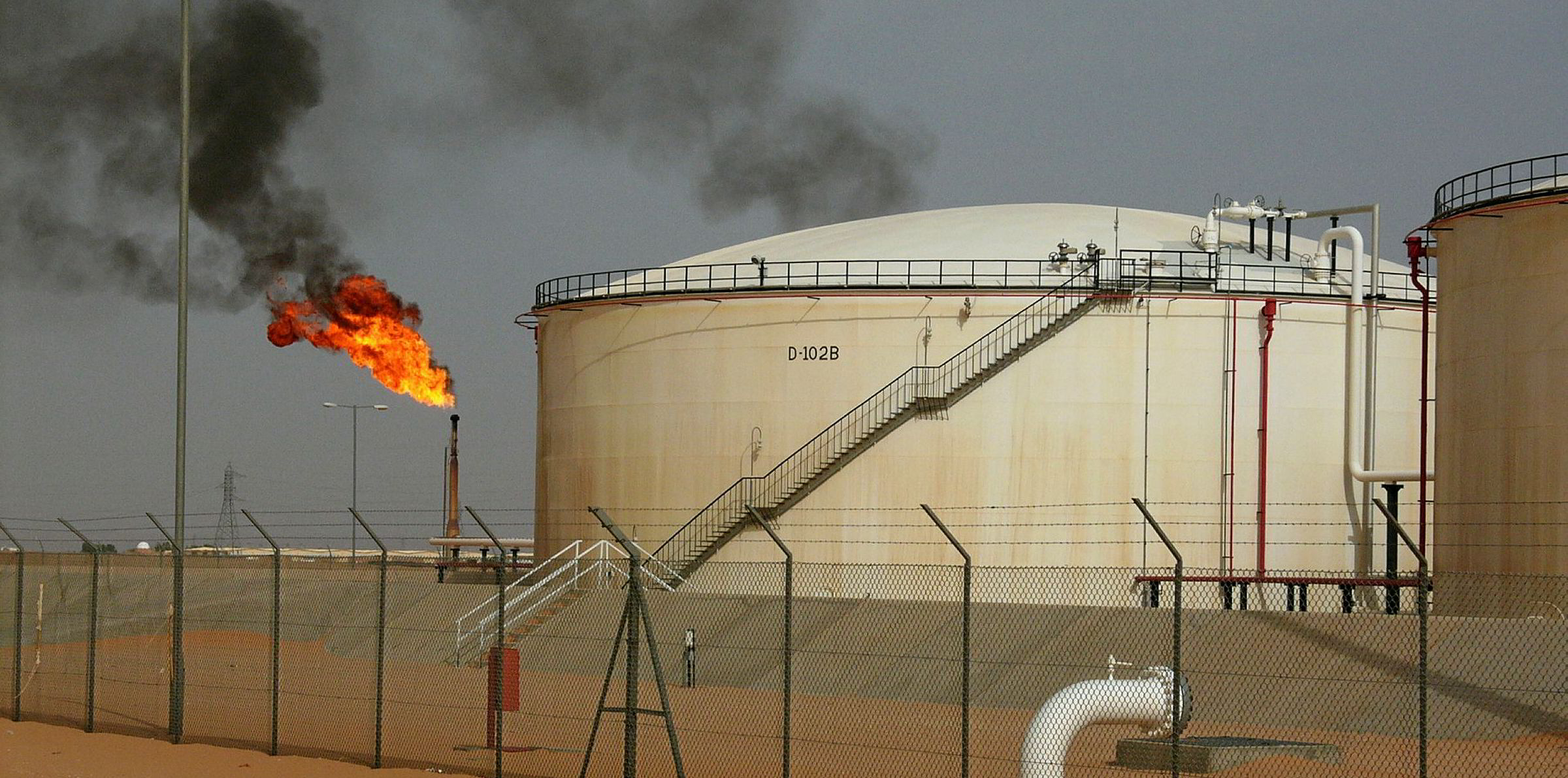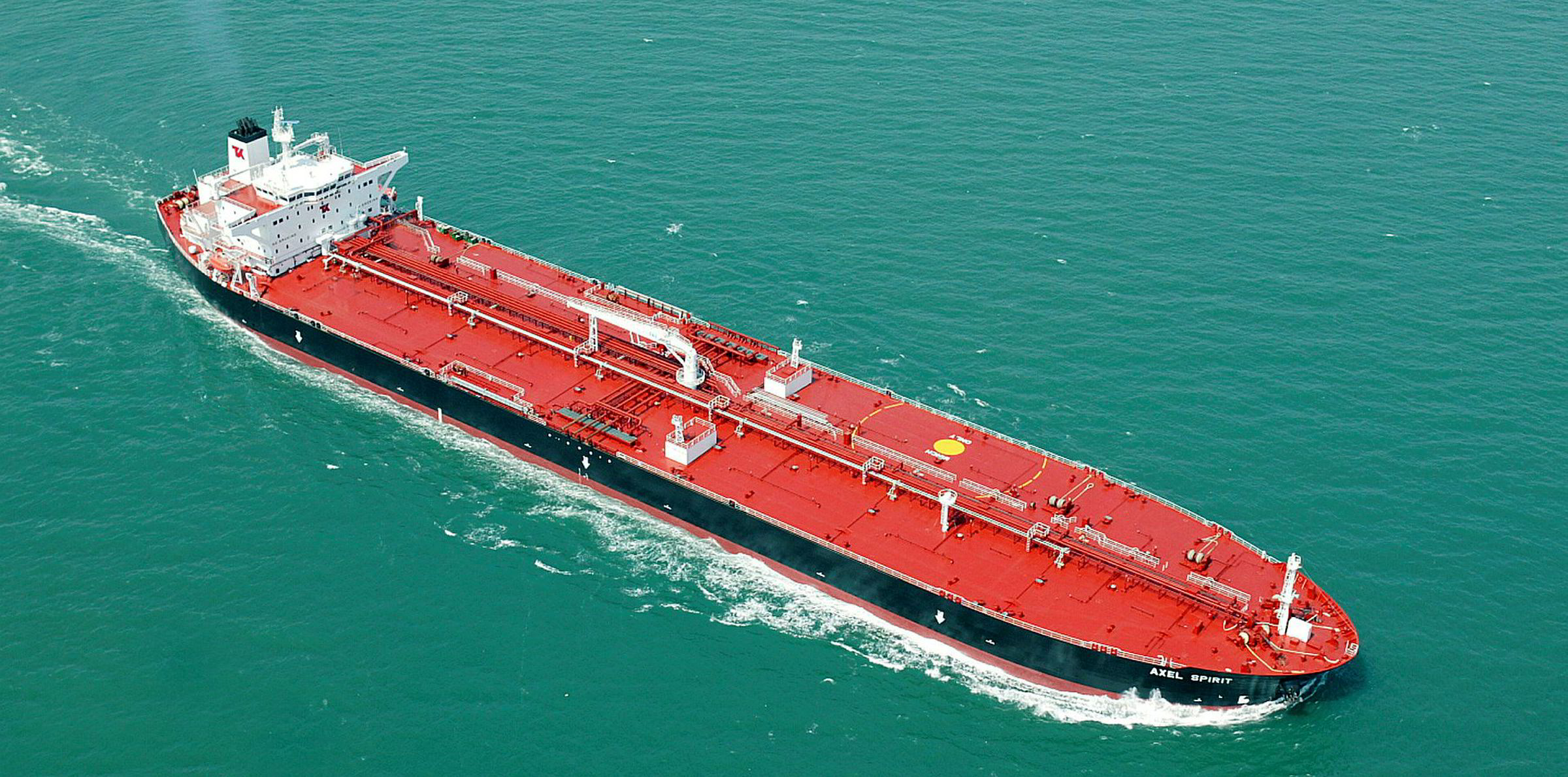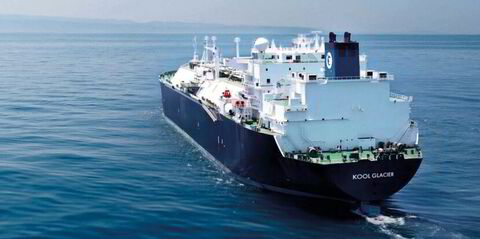Libya has resumed production at the largest oil field in the war-torn country, state-run National Oil Corp (NOC) announced, as its crude exports are set to reach a nine-month high.
Rising supply from the Opec member has prompted speculation over renewed floating storage demand with oil demand still weak amid the second wave of coronavirus pandemic.
“With a fragile oil market backdrop, Libya pushing further volumes into the market could mean we yet again face an oversupplied oil market,” Fearnley Securities said in a note on Monday.
“Given elevated inventory levels this could again push the oil market into contango, creating a potential floating storage scenario once again.”
Over the weekend, NOC said the Al Sharara field – which has a production capacity of 300,000 barrels per day (bpd) – is resuming production following an eight-month halt.
The company lifted force majeure on the field after reaching an agreement with militia Petroleum Facilities Guards to ensure the safety of operations, NOC said on its website.
After renegade Libyan general Khalifa Haftar lifted an oil blockade in September, NOC has restarted exports from the eastern terminals Brega, Hariga and Zueitina with a total export capacity of 400,000 bpd.
According to ClipperData, the 110,000-dwt Delta Star (built 2013) lifted 600,000 barrels of crude from Zueitina in one of the first loadings from the port since January.
“There have been a total of four crude loadings from Libya so far this month,” the cargo intelligence provider said. “Correspondingly, Libyan crude exports are having their strongest start to a month since January.”
Sharing a similar forecast, Kpler data also suggests Libyan exports are on track to reach a nine-month high of 394,000 bpd in October.
General weakness
While providing more employment opportunities for aframaxes and suezmaxes, Libyan supply has failed to lift the overall sentiment in tanker markets.
Clarksons Platou Securities assessed global average aframax earnings at $5,600 per day on Monday, down 13% over the past week. Suezmax earnings were at $4,300 per day, down 35.9%.
“There are many prompt vessels,” said a London-based broker. “It is ugly.”
In its weekly note, Gibson Shipbrokers said the Mediterranean aframax market warranted little comment with persistent weakness amid weak supply-demand imbalance.
“Suezmaxes showed no spark either”, said the brokerage, adding that owners have few realistic chances of finding other outlets amid general weakness.





